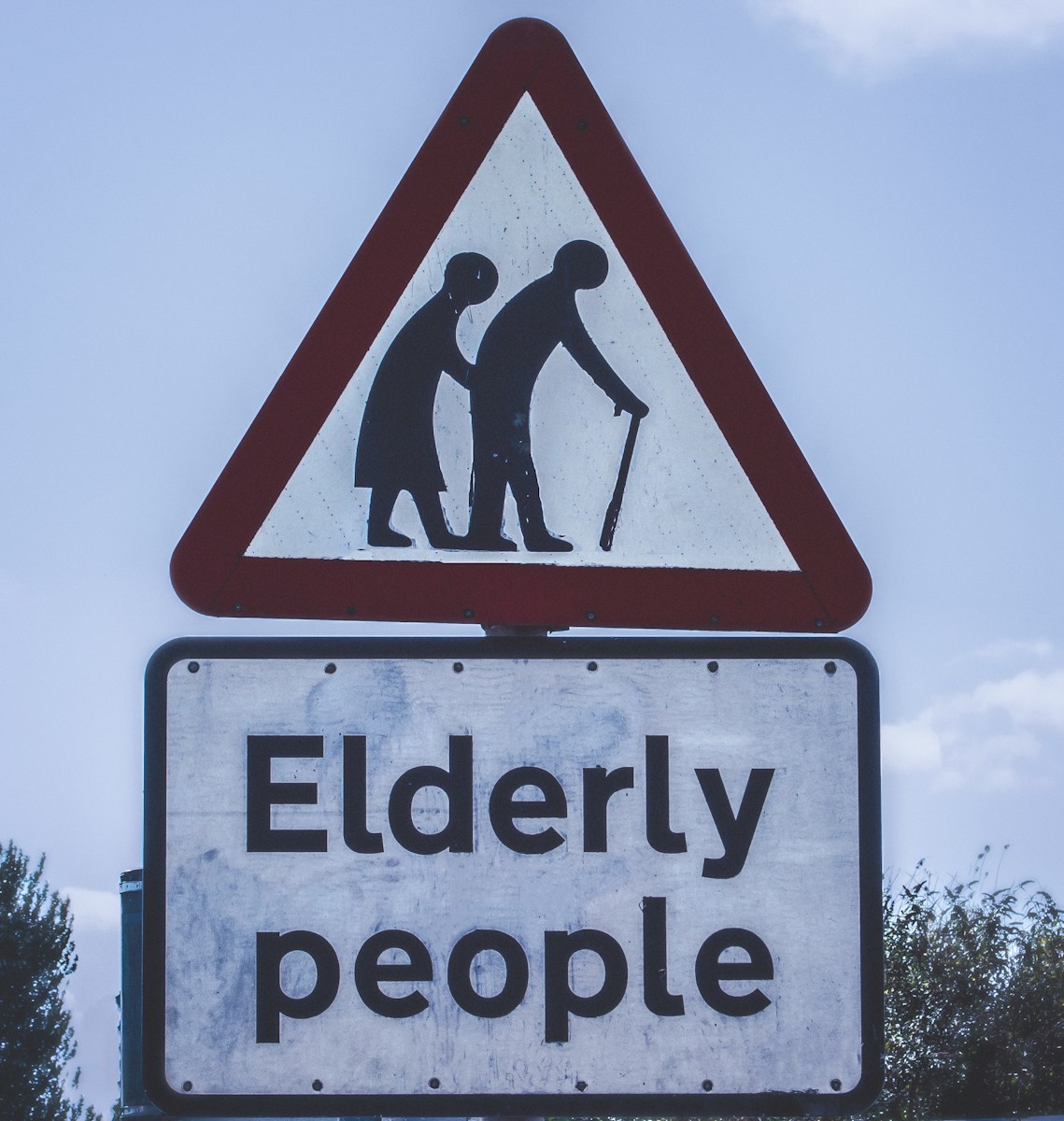Dignity in the Twilight Years: A Judicial Affirmation of Elder Rights under Article 21

Introduction
The Allahabad High Court, in Ram Dular Gupta v. State of U.P. and Others, has not only resolved a property compensation dispute but also elevated the discourse on elder rights and filial responsibility under the constitutional framework. The decision reflects a compelling interpretation of Article 21 of the Constitution of India and is deeply informed by the precedent laid down by the Supreme Court in Ashwani Kumar v. Union of India.
Table of Contents
Factual Background
The petitioner, Ram Dular Gupta, a septuagenarian and resident of Bhadohi, U.P., approached the High Court under Article 226 of the Constitution of India seeking a writ of mandamus for release of compensation amounting to ₹21,17,758/-, quantified for land and superstructure acquired by the government. The delay in disbursal arose from objections filed by his two sons, claiming entitlement to a share of the compensation. The petitioner contended that he was the sole contributor to the construction and had been subjected to physical and emotional abuse by his sons following the announcement of compensation. The record indicated that the sons resided in Surat and Mumbai, were not dependent on the father, and had been the subject of a police complaint and panchayat proceedings.
Issues Before the Court
- Whether the sons had any legal right to object to the release of the compensation in favour of the petitioner.
- Whether the conduct of the sons amounted to elder abuse, violating the petitioner’s fundamental rights under Article 21.
- What is the scope of the judiciary’s intervention when the constitutional rights of elderly parents are threatened within the familial sphere?
Observations and Judgment
The Division Bench comprising Hon’ble Justices Mahesh Chandra Tripathi and Prashant Kumar strongly condemned the sons’ conduct, expressing judicial anguish over the moral and legal betrayal of elderly parents. The Court noted that once compensation was announced, the familial relationship deteriorated, and the petitioner faced “acts of aggression and cruelty” from his children.
The Court unequivocally held that: “Neglect, cruelty, or abandonment of elderly parents is a violation of Article 21 of the Constitution for the right to life with dignity. “Despite the endured trauma, the petitioner showed magnanimity by offering to voluntarily share part of the compensation. Given this, and the unconditional apology of the sons, the Court directed that the entire compensation be released in favour of the petitioner, and dismissed the sons’ objections, warning that any further interference would invite strict judicial action.
Relevance and Interpretation of Article 21
Article 21 of the Constitution guarantees that, “No person shall be deprived of his life or personal liberty except according to procedure established by law.”
Over decades, the Supreme Court has interpreted this to include the right to live with dignity, health, shelter, and emotional well-being. In the context of senior citizens, the Court in this case interpreted “life” to mean more than mere survival: “A home that has turned hostile for an ageing parent is no longer a sanctuary; it is a site of injustice.”
This reaffirms that elder abuse transcends the domestic sphere, constituting a constitutional violation that justifies the High Court’s protective jurisdiction.
Special Reference to Ashwani Kumar v. Union of India
The High Court’s reasoning finds constitutional reinforcement in the judgment of the Supreme Court in Ashwani Kumar v. Union of India, where the Apex Court acknowledged the emerging constitutional need to safeguard the rights of the elderly. The Supreme Court observed:
“Eventually, age catches up with everybody and on occasion renders some people completely helpless… Fortunately, our Constitution is organic, and this Court is forward-looking.”
It emphasized that social justice enshrined in the Preamble must extend to senior citizens, even if they were not explicitly mentioned by the framers. The Ashwani Kumar judgment recognized the growing vulnerabilities of the elderly and called for innovative applications of Article 21 to change societal structures.
The Allahabad High Court, by quoting this decision extensively, elevated a writ petition about land compensation into a constitutional affirmation of elderly dignity.
Legal Significance
This judgment is legally significant for several reasons:
- Expands the ambit of Article 21 to cover emotional, financial, and physical security of the elderly.
- Bridges personal law and constitutional rights, treating intra-family disputes as public interest when they infringe upon dignity and liberty.
- Provides a template for future courts to act decisively against elder abuse, particularly in matters involving property, maintenance, and emotional neglect.
- Reaffirms that civilized society cannot shield elder abuse under the guise of family privacy.
Conclusion
The decision in Ram Dular Gupta is a powerful constitutional pronouncement, reminding society and the state of their statutory and moral duty toward the elderly. It affirms that when Article 21 is threatened within the walls of one’s own home, the courts will not remain passive spectators. The judiciary, as the guardian of fundamental rights, has signaled that dignity in old age is non-negotiable and is a right that deserves not just recognition but active enforcement.
For more details, write to us at: contact@indialaw.in
By entering the email address you agree to our Privacy Policy.



